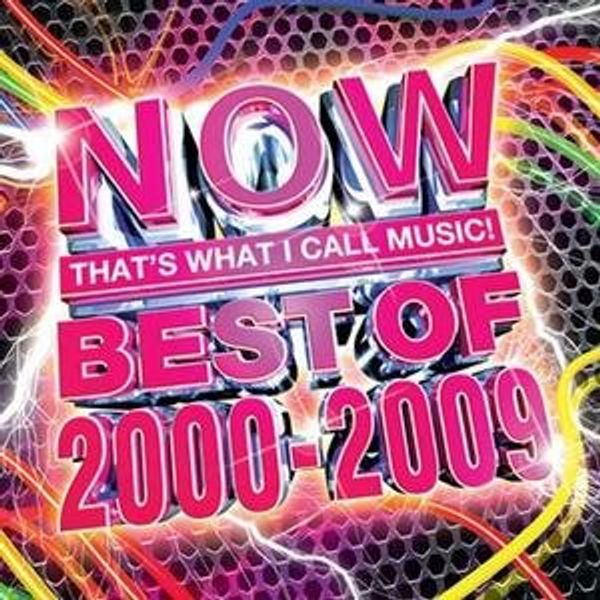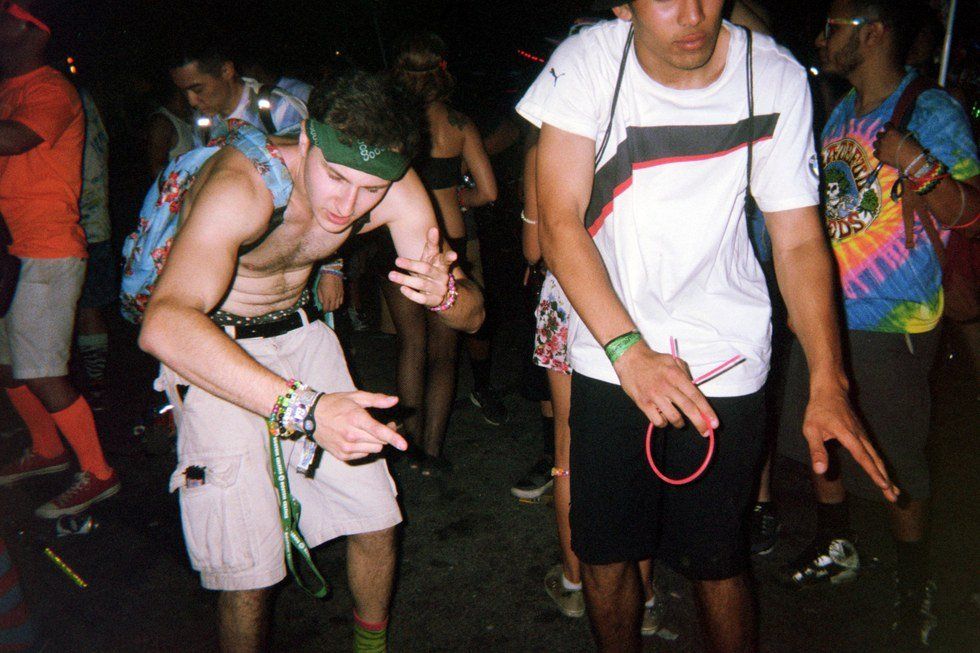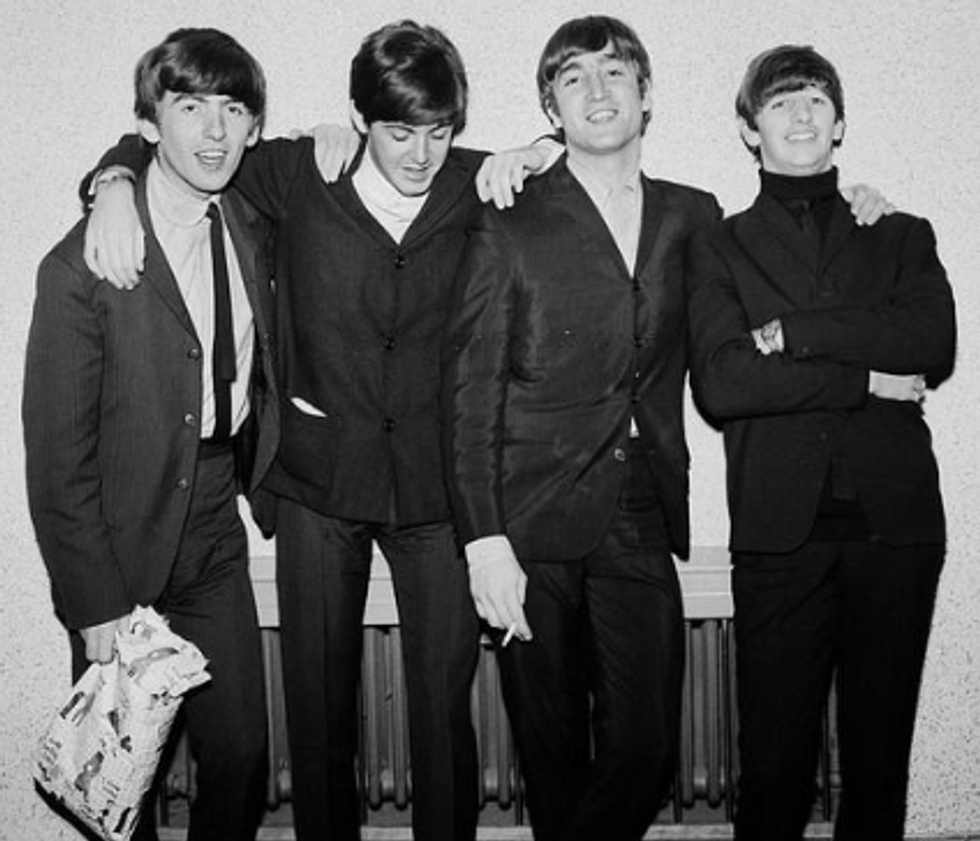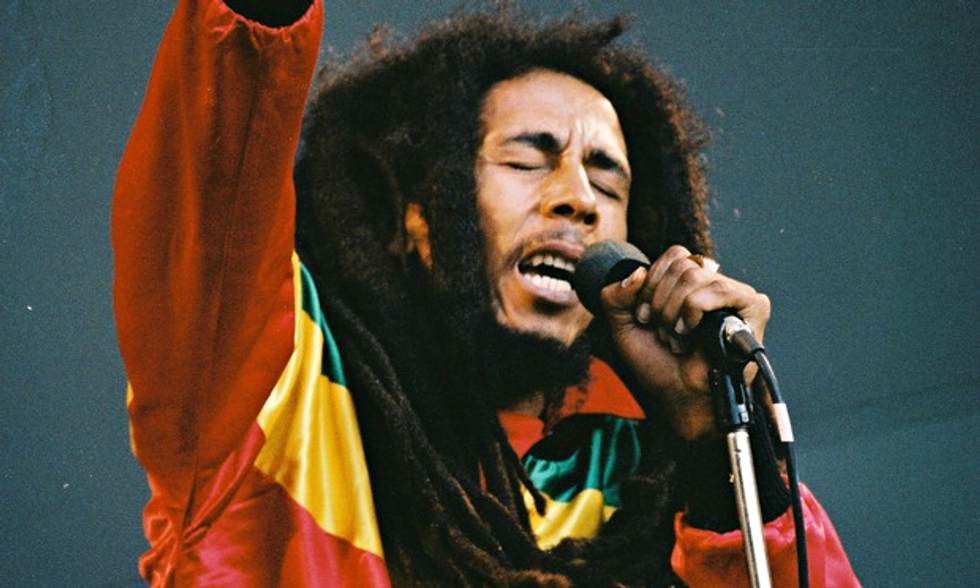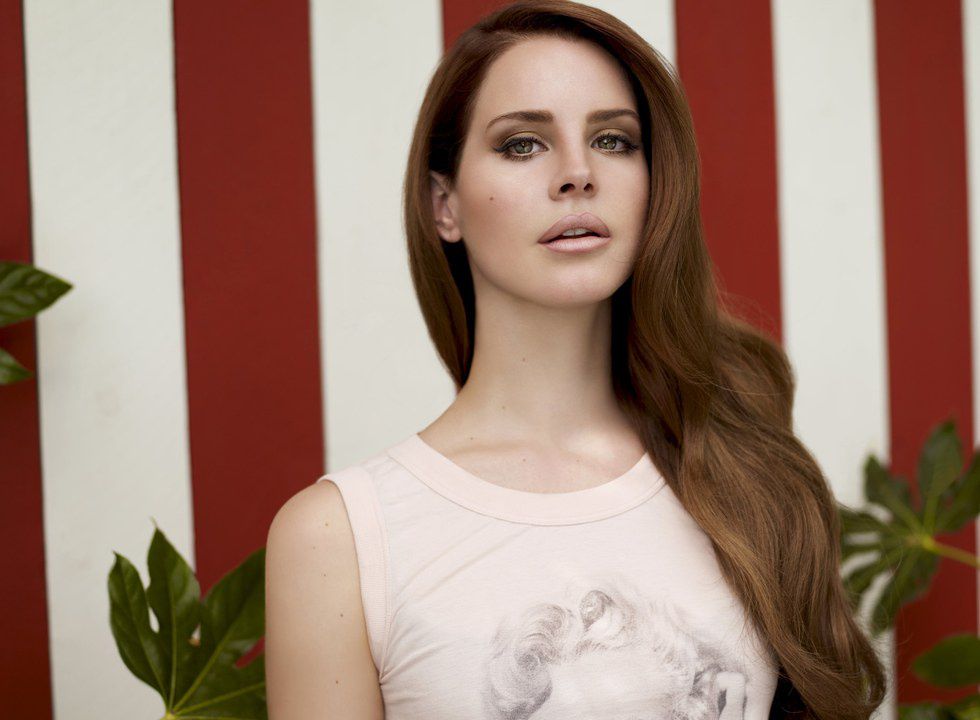Music of previous generations (particularly the '50s through the late '70s) all had very deep topics to appeal to the emotions and values of most people. Granted, time passes and different generations have varying designated focuses— the 1960's dealt with JFK, then Vietnam, as opposed to present issues. Back then, music was the remedy for all issues, think Summer of Love with The Beatles back in '67 and how that shifted a general wave of anger into a passionate appreciation for music and all things emotionally driven. The point was creating a very relatable movement in music where listeners naturally embraced all the new groups and hits. One top song of 1968, "Hey Jude" by The Beatles; now one top song of 2015, "The Hills" by The Weeknd. Although The Weeknd's vocal and lyricism are vaguely similar to Marvin Gaye, he's not anywhere near the same impact or meaning in regards to The Beatles. Today's music has just lost its Soul.
In comparison to today's music which is not to say bad, but relatable in a different manner. A manner centered around our social lives or the physical aspect of relationships; partying, drinking, smoking, other substances, sexual relationships, and making money. Classic Groups like The Beatles (the best), Led Zeppelin, The Who, Pink Floyd, all wrote music revolving around love, story telling, growing up/teenaged angst, and definitely drug undertones worthy of mentioning (IE, "Dark Side of The Moon" by Pink Floyd). For instance, clubs are constantly playing "I took a Pill in Ibiza" by Mike Posner. Does that song have any sentimental or actual value to it? Unless you dropped some very intense substance and actually "felt 10 years older," then you have no way to appreciate that song for more than the catchy EDM backing his adjusted vocals. No, I didn't take that damn Pill, and no I am not going to listen to you when I am depressed. We seek out the comfort of previously stated groups; Beatles, Jimi Hendrix, Santana, etc.
This generational shift is actually quite common, think back; 1960 - Vietnam/Cold War, 1970 - Vietnam/Nixon, 1980 - AIDS/Soviet Union, 1990 - Clinton Administration/Gulf War, 2000 to Present - Technological Advancement/Iraq. Granted we are skipping very important topics and headlines but these are just some of the easily summarized dilemmas or focal points in each generation. If you notice the '60s-'70s dealt with one common factor, war. War creates the worst emotional uproar of all, leading to massive waves of both depression and appreciation. Depression from sending our boys to fight in an unnecessary war when they can't legally vote just to end up dying. Appreciation from either not being that guy to be shipped off to (insert Middle Eastern word)Stan, or being that the war is ending. Reiterating my previous point, this period of music was all about love or protesting the war. Even the general idea of music evolved as we see the 1960's truly starting with pop-like rock discussing young love and finally ending toward the '70s with more hard rock with Led Zeppelin. Clearly the distinction between The Beatles and Led Zeppelin can be made (as The Beatles are the best band ever), but they both appealed to a general idea; the will/lust for love, then a rebellious fire that built in the chests of those who objected the wars of the World.
The '1980s had a very different flow which resulted in Pop. A more wild generation fueled by new drugs, sexual trends, and interests, the focal shift became a war on health with the United States. The AIDS epidemic swept the states creating its own discrimination war between those with the disease versus the disease free. Pertaining to music, the club scene was raging hard with all of the new party drugs being discovered and abused. Dancing was in, leading to musicians like; Michael Jackson, Prince, Styx, David Bowe, along with other upbeat bands. The '80s were a true signifier of generational music as partying became "the thing", the music reflected what it was all about. Personally, I am not necessarily a fan of most '80s music, but I respect the concepts. I'd also like to mention A Tribe Called Quest, and NWA for their works as they were a variant for that generation.
The '90s was driven by; teenage angst, amazing Nickelodeon shows, two great rappers (NEVER FORGET THE WU), The Jordan era, the end of Soviet Union, and the Real Clinton. Anyway, we got tastes of; 2Pac, Biggie, Chumbawamba (you're not a real '90s kid if you don't know who this is), Nirvana, Blink 182, and I am not even mentioning half of all the other great groups or individuals from that era. We dressed like the music we played, we acted the way the music behaved. Compare how people partied back then to how people party now, you'd think the '90s partying was conservative. Let's not forget American Pie of all great things, creating the word "MILF" as well. Things were peachy in retrospect; the driving force was teenage angst and that's how great the '90s were. We could afford to have the countries main musical reflection be because of teenagers being teenagers, not because we had war or the country was in a major economic slope. Nirvana, Offspring, Pearl Jam, Sublime all appealed to the rebelling youth emotionally, and because you could smoke to them all. As baffled as I am, things were entirely great, plus I was born. America was a Triple-A economic powerhouse, eventually being led by Bill Clinton leading just the very beginning of what would dramatically change the next generation; the technological evolution.
We get wild. I mean, the kids who grew up in the '2000s to now have had an amazing change. Witnessing the iPhone becoming mainstream, AIM, getting your first Mac laptop (again, first world problems), all of this was so new. This is exactly why we are spoiled and why the hell we record fights on our phones to post on Worldstar rather than break them up. Our music reflects the drugs and crazy stuff people are taking to "feel a certain way" (sorry Drake), show us that money is what matters and getting laid is "actually a big deal", and to be completely oblivious to how exactly we actually are what people are singing/rapping about. Idolizing Miley Cyrus and the lifestyles of some of these people (not saying they didn't make it, but more or less focusing on how we empower an unrealistic image) has actually made us insane. But, YOLO. The generation definitely started in a different way, but as technology came out we became wilder only because everyone posted about what we did. There were still new-age throwback groups like; The Killers, Franz Ferdinand, Foo, Ed Sheeran, but things became more wild with Future, Drake, Lana Del Rey, Fetty Wap, Kendrick, A$AP Ferg + Rocky. The soul is very absent from recent artists, and it's due to not having any common passion for everyone to relate to. So what'd we do? We embraced music to describe a lifestyle we want to live. It's not a bad thing because it creates new ways of finding friends and enjoying life, but it's just very different without any real backbone. I will be the first person to tell you that I listen to L$D by A$AP Rocky frequently because the meaning behind that song is very emotionally similar to the general idea discussed by the groups of previous generations. Rap is just fun too, along with EDM, and other not necessarily deep genres. The main passion of our peers is just one that isn't the same.
Music is anything that appeals to the emotions within our minds and hearts. The biggest difference between our music present and music prior is the heart and focus have split into two differing directions. Generations previous had some common, passionately described ideas as a focal point. Their ideas came from the mind and the heart. They showed both an emotional investment as well as thought. Now, party/club music appeals to the mind but doesn't grasp any emotion relative to our hearts. It's not that we've lost our touch, it's just that our music has lost its soul. Hopefully, when one inevitable bad event strikes us, we'll take a moment to recognize our music and compare it to the '90s music—a time when listeners could afford to focus only on partying and living life.

